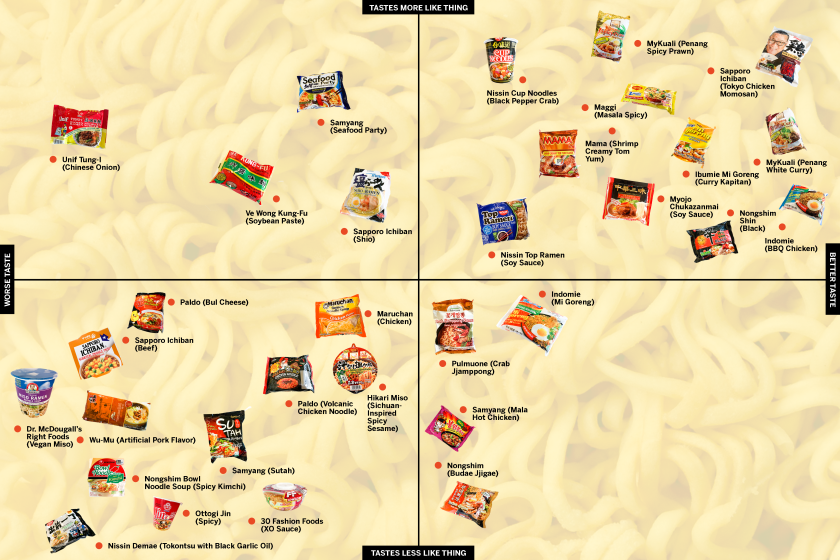Cronuts, cold brew and avocado toast: 15 food trends that defined the decade
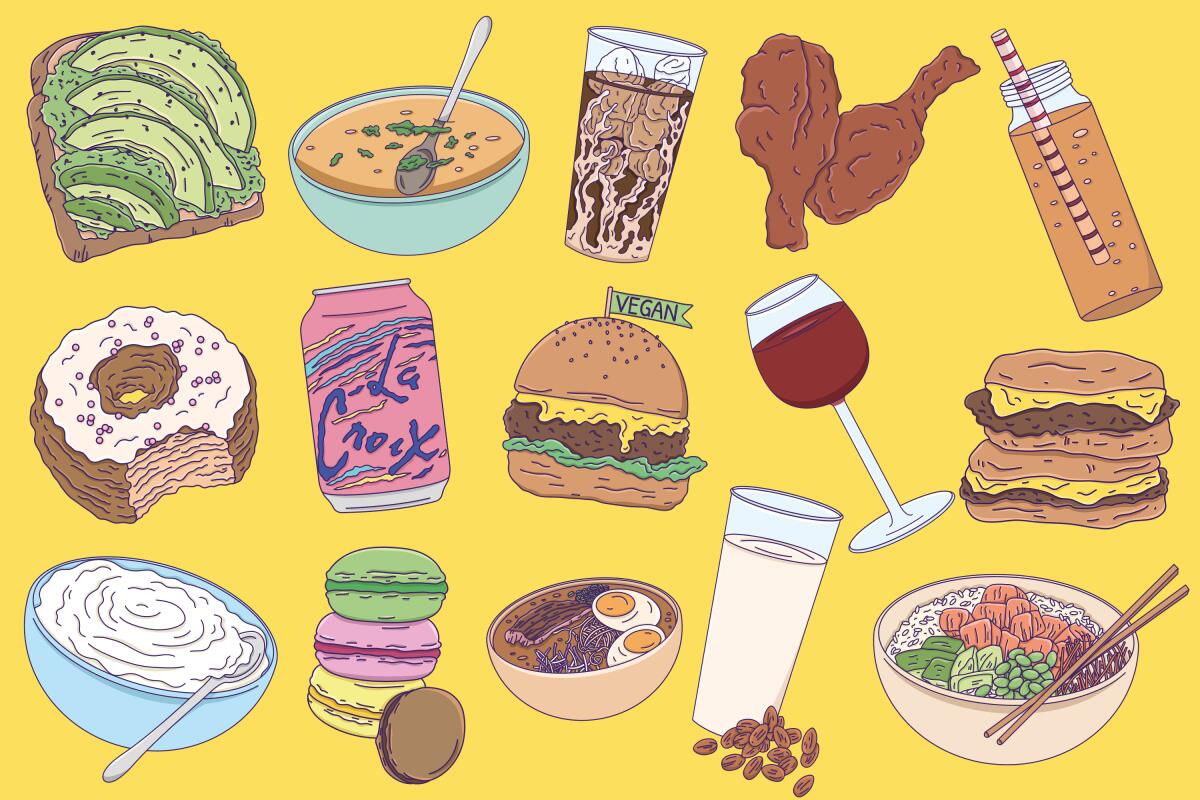
- Share via
Don’t ask me how we made it, but we did: We lived to see 2020. The decade that began with Obama and the Great Recession and ended with whatever you’d like to call the daily hellscape we wake up to every morning saw many food trends come and go. Some will endure, while others, like the Fonz, jumped the shark of our collective culinary consciousness before fading away.
All are deserving of a commemoration of a hundred words or so in this, a power walk down memory lane. Here are 15 dishes and food items, in alphabetical order, that ascended, however briefly or strangely, into our collective consciousness between 2010 and the end of 2019:
Avocado toast
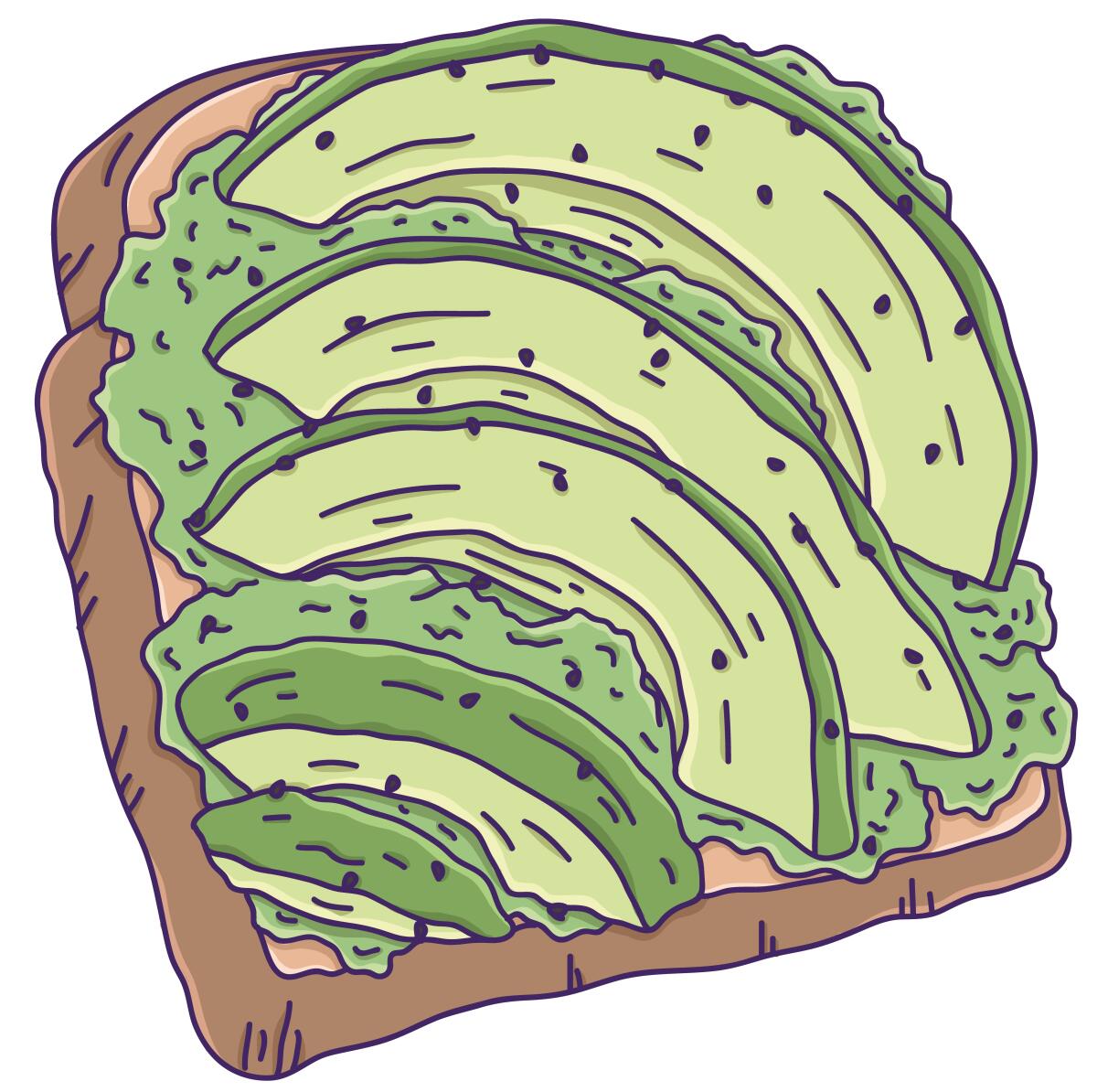
Avocado toast is at least centuries old, known as mantequilla de pobre in Spanish or midshipman’s butter to scurvy-fighting sailors. Like lobsters, avocados were once a tough sell (they used to be marketed as “alligator pears”) and are now approximately worth their weight in gold.
And, in addition to being delicious, they’re the reason millennials can’t afford to buy a house. Stop blaming boomers for gobbling up a disproportionate slice of a finite amount of wealth when real estate was cheap and plentiful and start putting the blame where it belongs: Big Avocado!
Bone broth
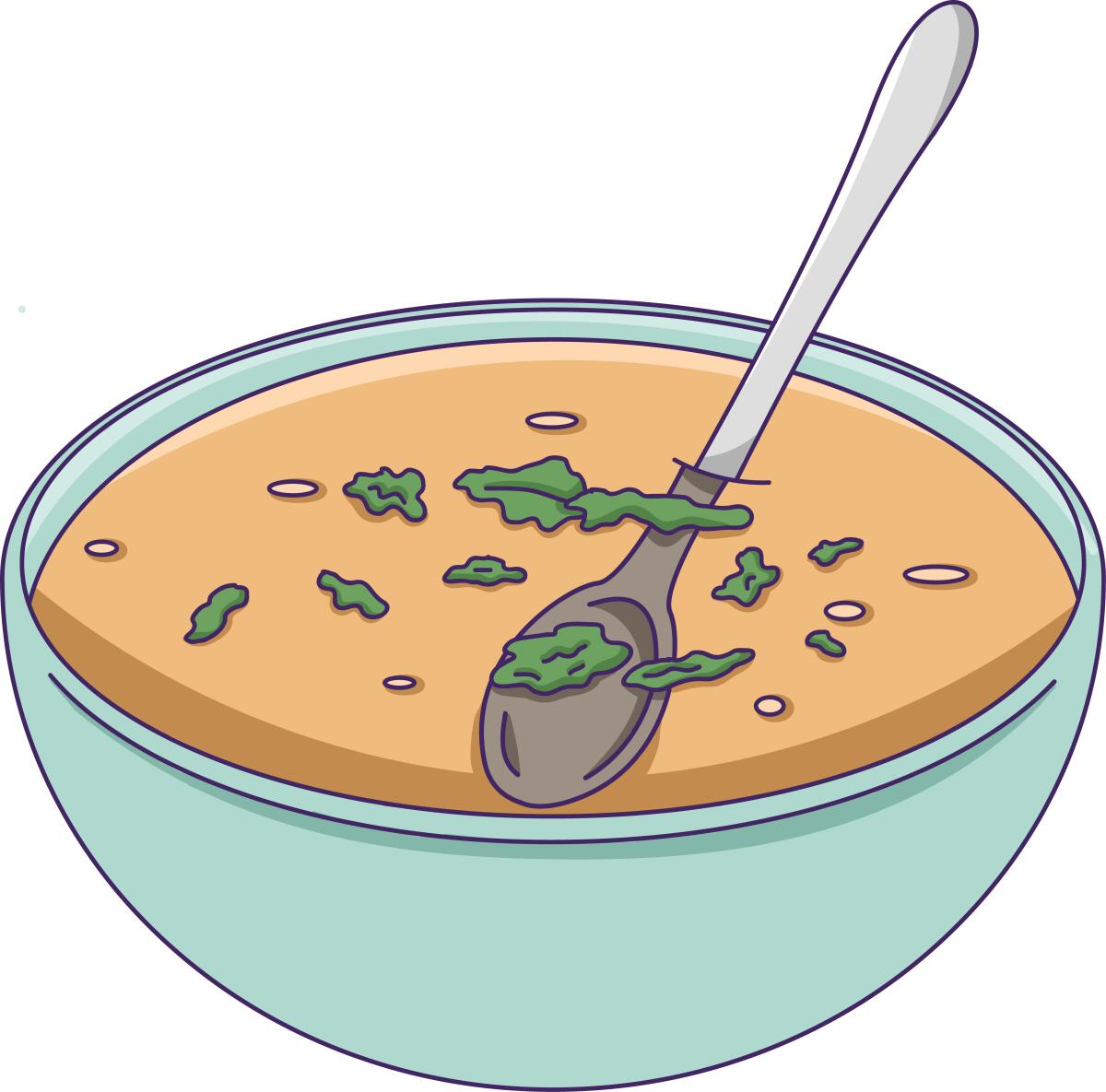
Can we admit now that it’s just stock? Impelled into existence by Hearth’s Marco Canora, bone broth is an admittedly ingenious rebranding campaign for what is LITERALLY JUST SOME SOUP WITHOUT STUFF IN IT. Only in America can you take something that’s been around for thousands of years and put an annoying, healthy-ish twist on it to make a bunch of money. Keep your eyes peeled for my new healthy drink: hydrogenated oxygen, $14 per bottle, available soon at your local Whole Foods!
Cold brew
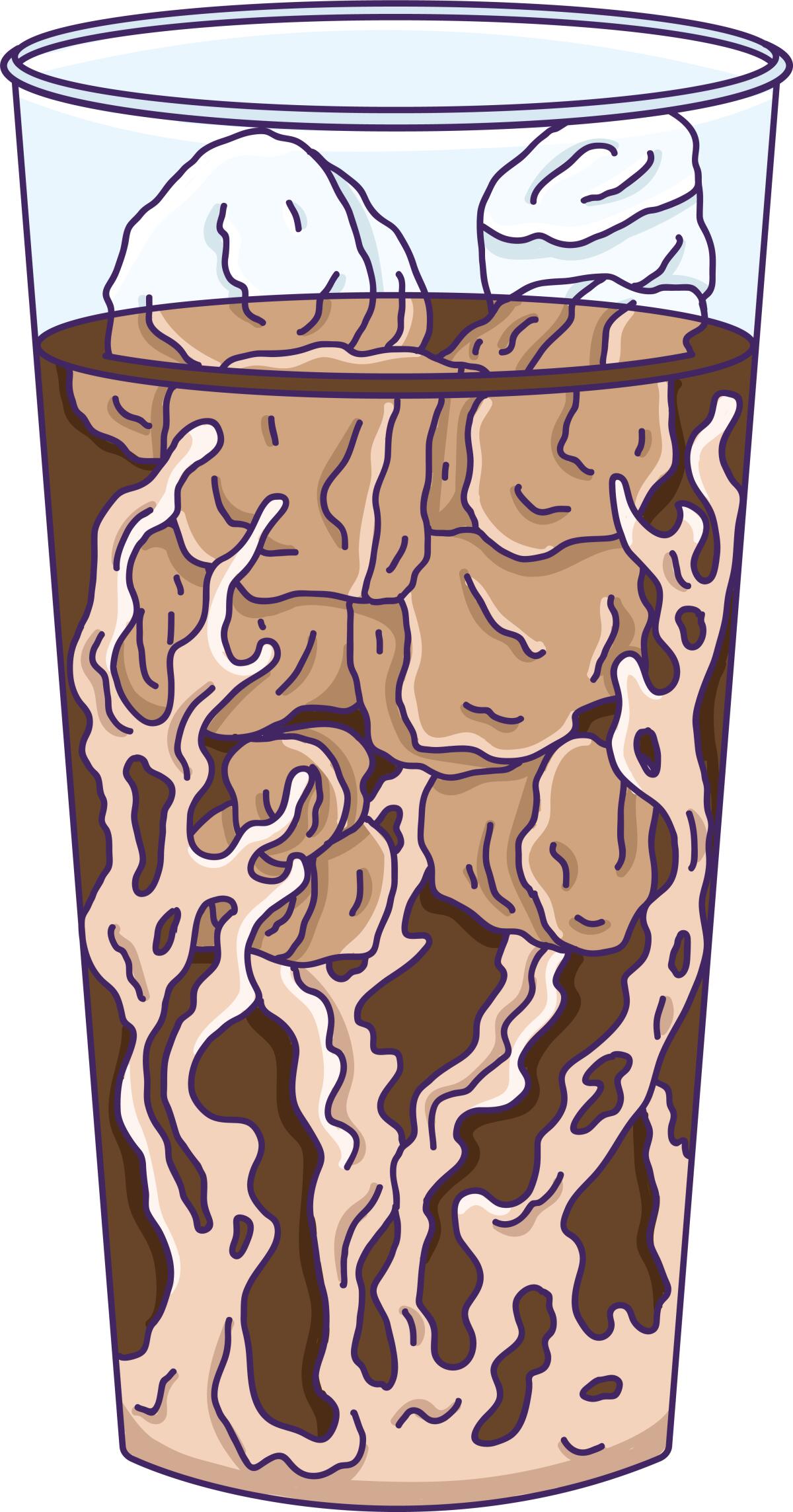
Fancy third-wave coffee really came into its own during this decade, and the biggest boost has gone to cold brew, a trend I’m reluctant to say I can get behind. Tired of getting iced coffee that’s just hot coffee that’s been poured over a bunch of ice cubes? Now they make it to be drunk cold. Fun fact: You can make it yourself! Just soak coffee grounds in cold water overnight and filter it in the morning. Howard Schultz has enough of your money already.
When Trish Rothgeb coined the term “third-wave coffee” in 2002, she didn’t know it would be used to define an entire era in the coffee industry.
Cronut
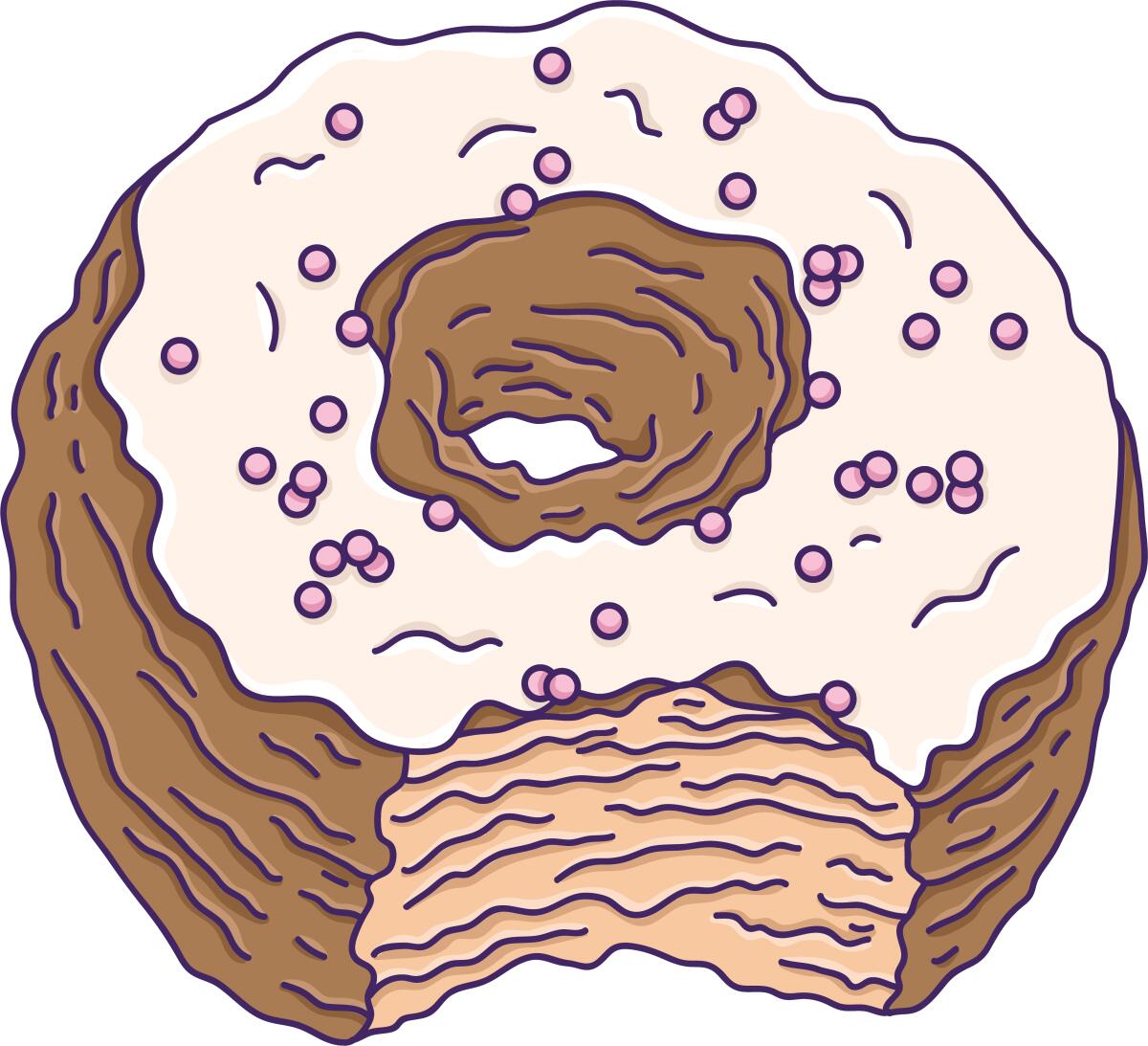
People really love waiting, especially if it’s for trendy food. When Dominique Ansel unveiled the Cronut, layers of croissant dough shaped like a doughnut and deep fried, he clearly hit upon some deep-seated longing in the psyches of pastry stans everywhere to wait in extremely long lines. Like, hours long. The queues still form — though they’re not quite as fearsome — outside his Spring Street shop.
The Cronut is fine and good, but it neglects my other favorite baked-goods mashups: the Scrownie (scone and brownie), the Croissoncha (croissant and Mexican concha) and the Quatbread (quiche and flatbread).
Greek yogurt
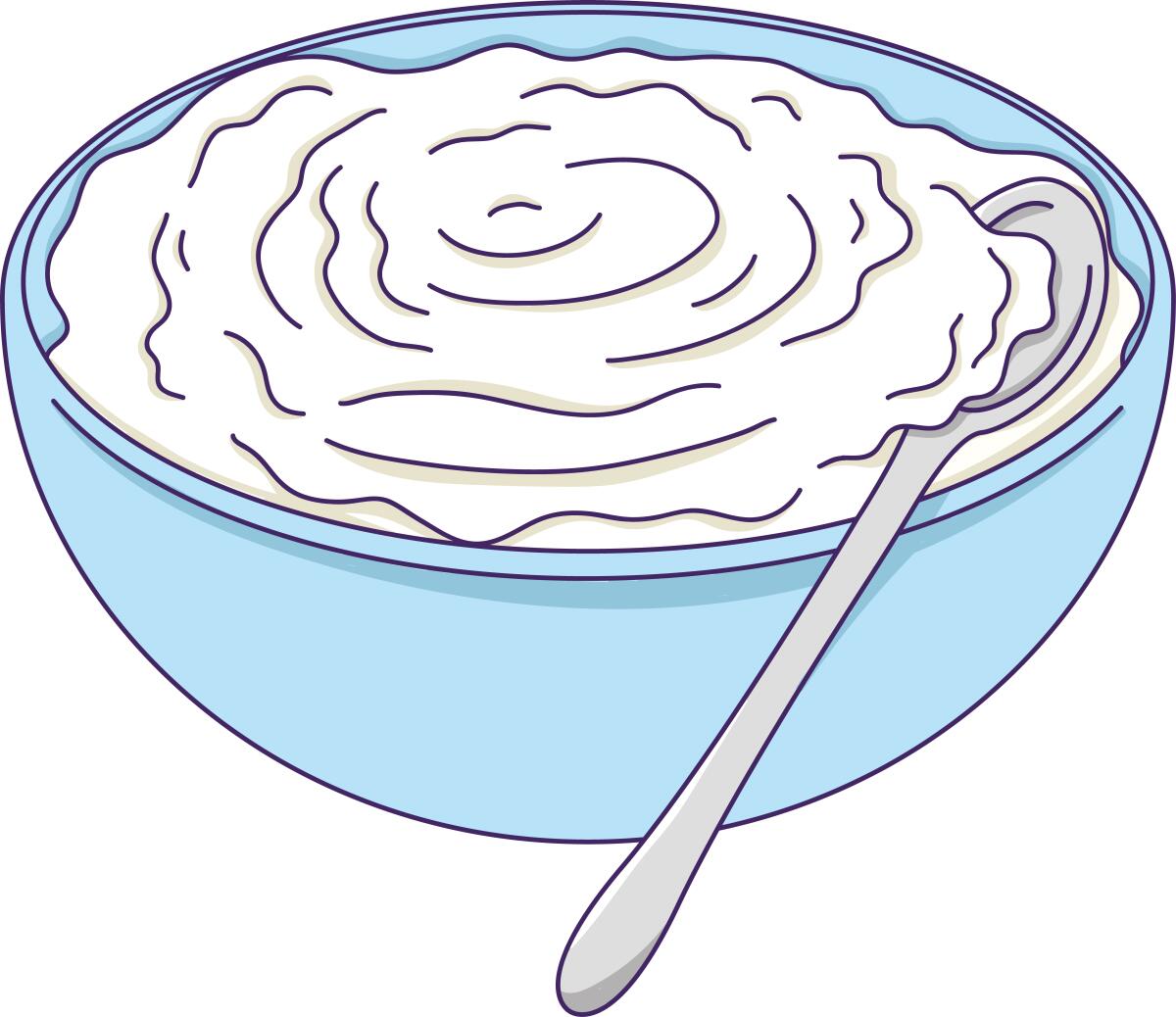
Greek yogurt, while not always — perhaps even rarely — actually Greek, is of a denser style; it’s regular yogurt with more of the whey (the watery stuff) strained out, so it’s thicker, with more protein and more fat. Like me in a game of 3-on-3 basketball, you can’t really stop the Greek yogurt phenomenon, you can only hope to contain it — it’s muscled its way into virtually every major grocery store in the country.
The yogurt fully peaked in 2013 and 2014, roughly mirroring (according to a highly scientific Google Trends search) the ascent of the paleo diet, which favors the high-protein, full-fat nature of Greek yogurt.
Never forget this tweet from Megan Amram, which puts the words “Chobani is a yogurt brand” to the John Mayer song “Your Body Is a Wonderland.” Now that it’s in your head, you’ll never get it out.
Hot chicken

People like spicy things (See: Flamin’ Hot Cheetos) and people like fried chicken (See: fried chicken), so it makes perfect sense that hot chicken has thoroughly saturated the market, particularly in cities like L.A. You know it’s peaked when fast-food chain KFC is looking to cash in on the action.
Look, I’ll never say I don’t like hot chicken. It’s delicious. But with seemingly a new shop opening every week — all with names like Angry Birdz, Hot Chickz, No Harm No Fowl — I’ve reached my limit. And if Kim Prince isn’t personally getting a dollar for every sandwich sold, aren’t we all just playing ourselves?
Kim Prince spent most of her childhood standing on the pickle buckets in flour-dusted shoes at her family’s hot chicken shack off Clarksville Highway in Nashville.
Kombucha

Kombucha, the fermented tea drink that’s been around for at least hundreds of years, rose to prominence for its supposed health benefits. Interest in kombucha as a search term grew steadily throughout the decade, peaking in 2018. I, frankly, just find it delicious, and if it makes me look as effortlessly fit and beautiful as the people I see walking down Abbot Kinney, then so be it.
LaCroix
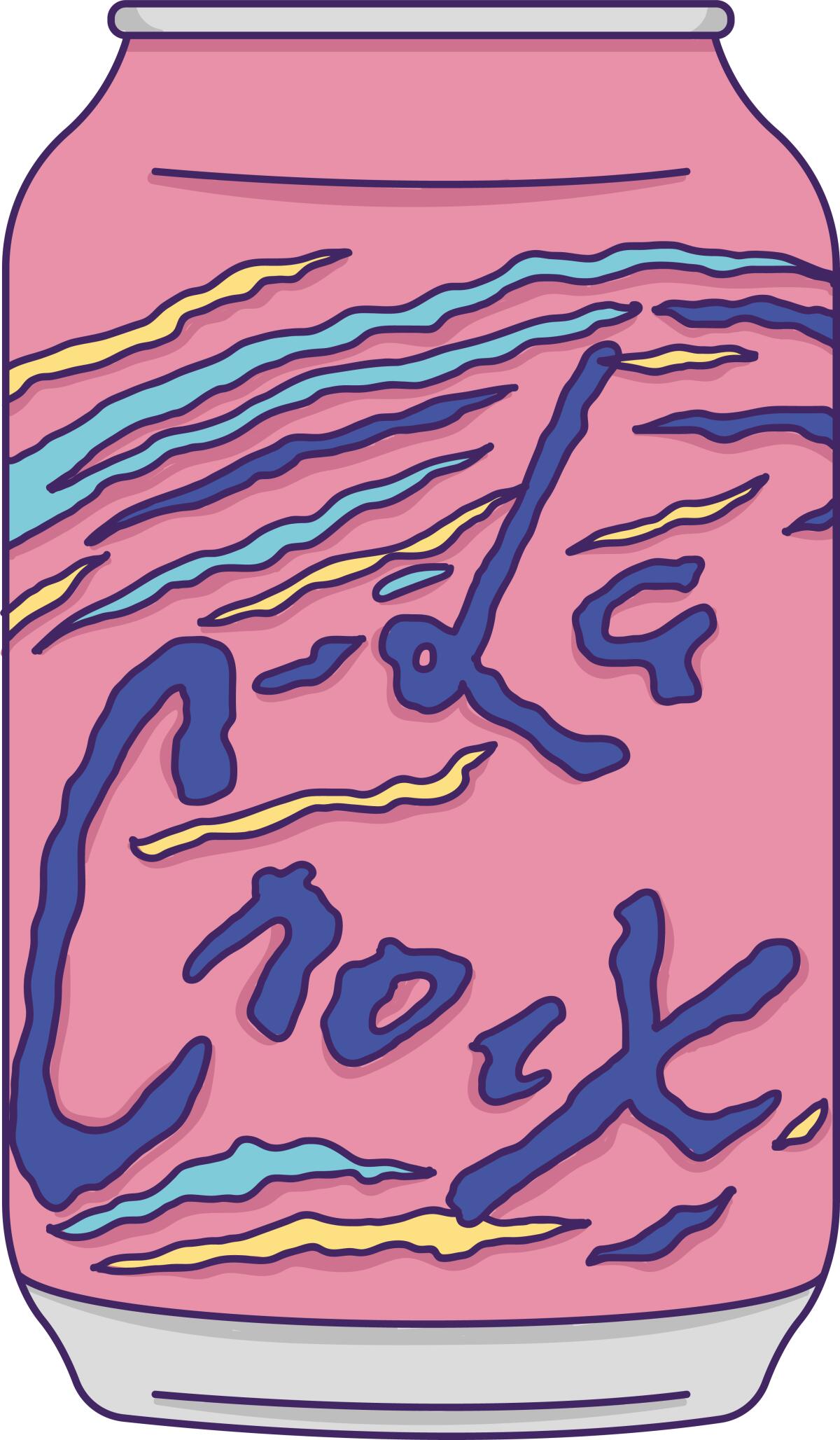
LaCroix underwent a huge transformation this decade, from a mild-mannered Midwestern Perrier for the proletariat to ubiquitous in the cupboards of Brooklyn yuppies and Twitter memelords everywhere.
The company got into some hot water earlier this year when a lawsuit alleged that its claims of “all natural” fizzy water were, in fact, somewhat fuzzy. But a plunging stock price is easier to swallow when chased with coconut-flavored water that tastes a lot like sunscreen. Salut!
Macarons
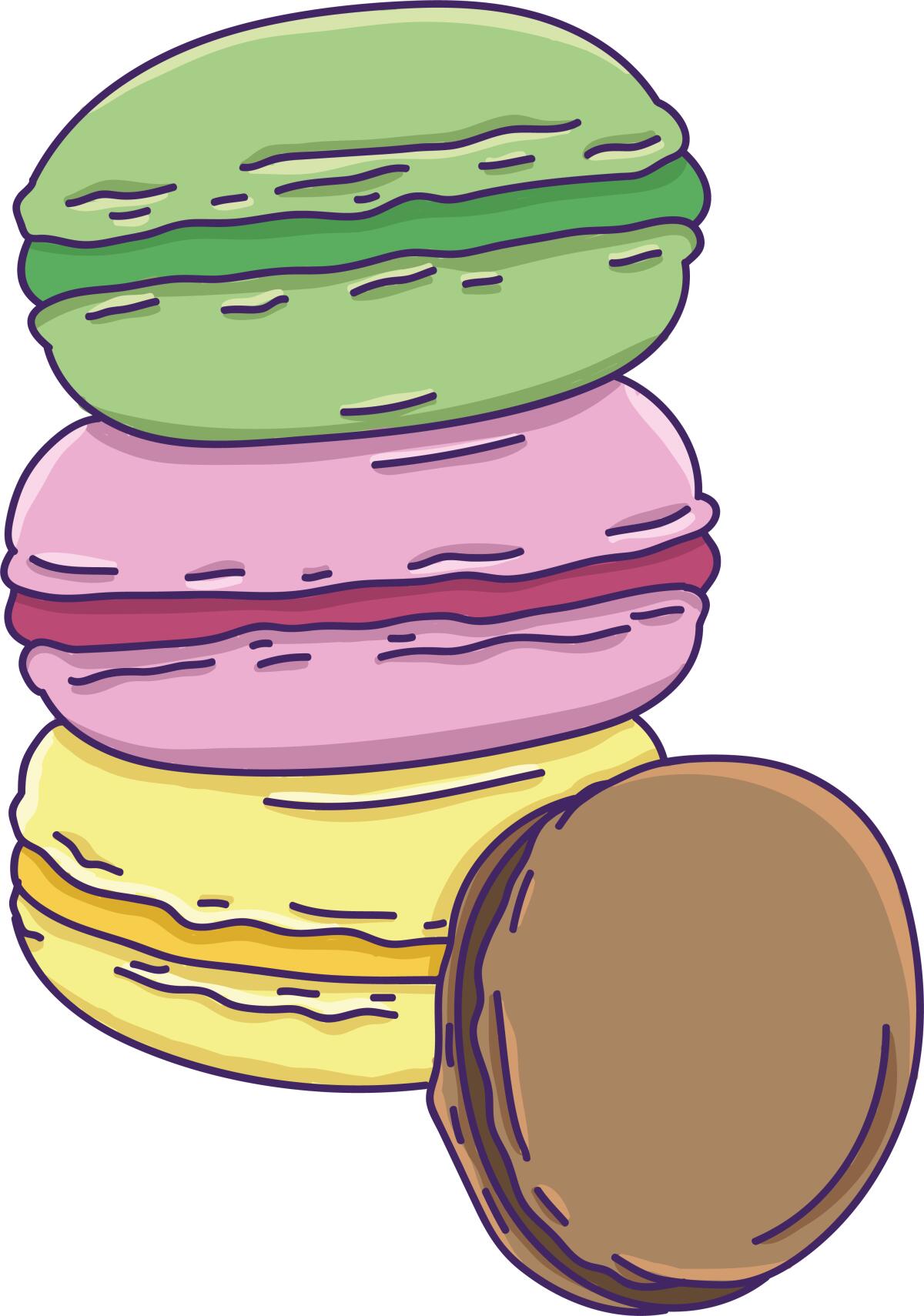
They’re charming, dainty, colorful and … totally pointless. This is the one trend on the list I actively dislike. French macarons are just nonsense, the food equivalent of function following form. After Pierre Hermé opened his first Macarons & Chocolates shop in 2008, it was just a matter of time before the trend oozed its way over to the U.S. — see Bottega Louie, which opened in downtown L.A. in 2009 and hasn’t aged particularly well.
I was happy to see comedian Patti Harrison call them out on Twitter for what they really are — a trash cookie. Who needs to eat something periwinkle-colored that tastes like Chanel No. 5? I don’t!
Meat substitutes
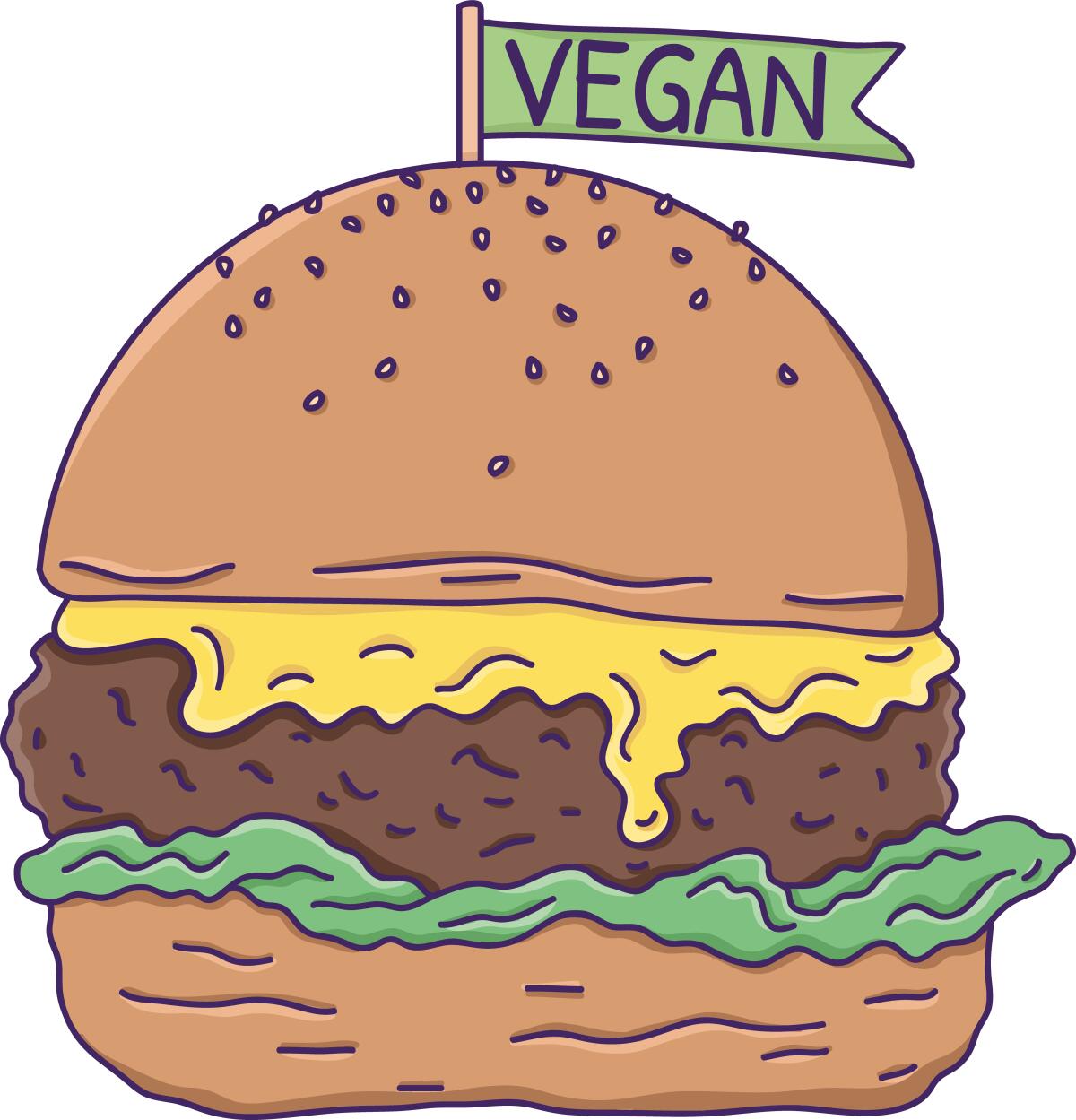
The vegan revolution is still hitting its stride, but it’s getting there, in no small part thanks to brands like Beyond Meat and Impossible Foods, which have found their way into many grocery stores and even chain restaurants like Burger King. Is it here to stay? I wouldn’t have thought so, but the line outside Monty’s Good Burger on Western Avenue, which serves Impossible patties, stretched 30 feet down the block the last time I visited. And the clientele? Mostly kids who looked like they were in college. The meatless revolution is coming, folks. Make like Enjolras and get to the barricades.
Natural wine

Natural wine, pét-nat, fart juice — whatever you want to call it, it’s delicious, and this ancient manner of making wine has fully arrived and is likely here to stay. Why wouldn’t you want to drink something made biodynamically, without a bunch of nasty additives? You’ll have a hard time introducing a skin-contact orange to your uncle whose wine vocabulary is limited to Big Reds, but keep trying — he’ll come around.
When it comes to wine and where to drink it, Angelenos in 2019 are spoiled for choice.
Nut milk
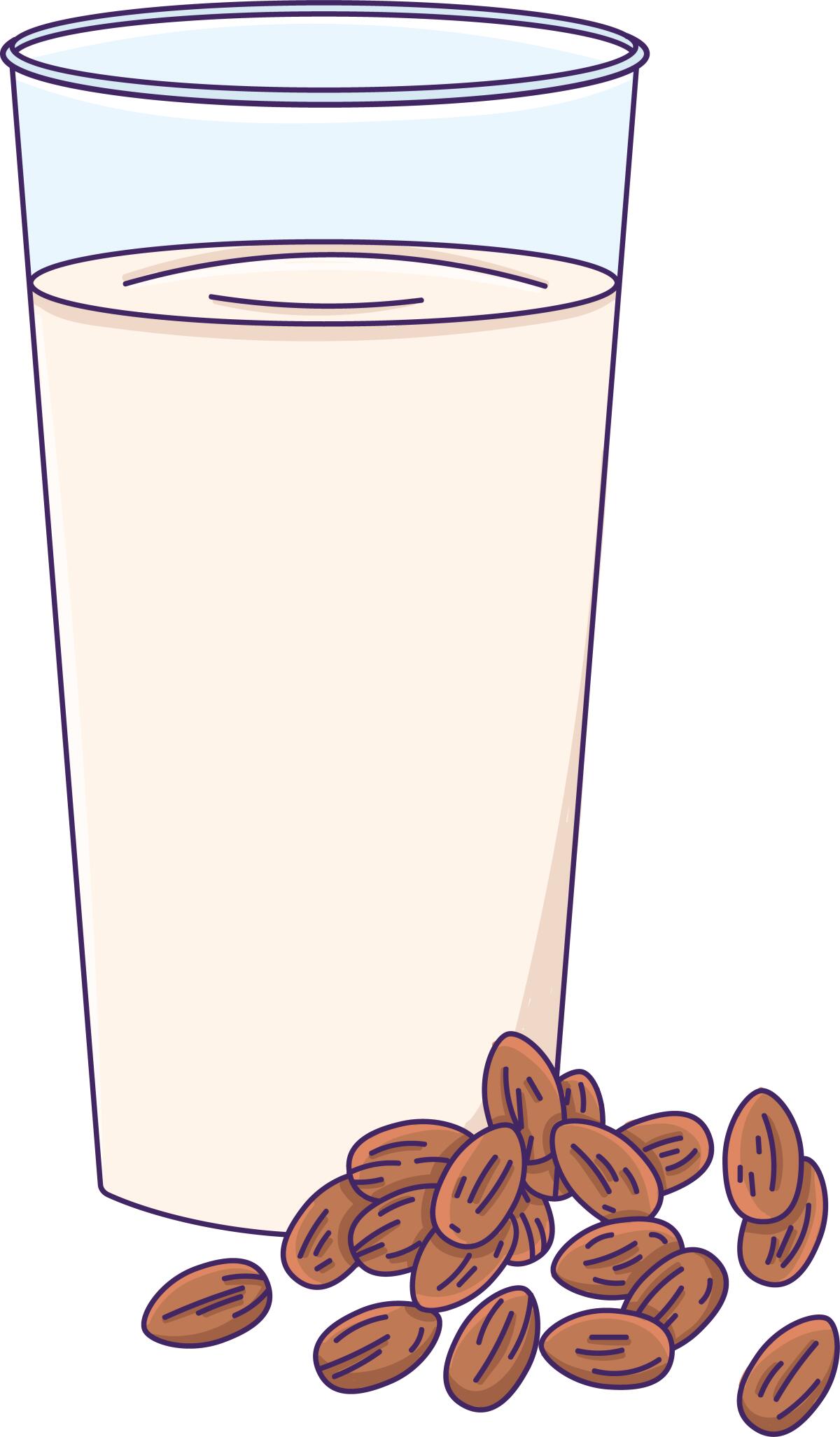
“Why buy the cashews when you can get the milk for free?” is the punchline to a joke whose setup I haven’t quite figured out yet.
Almonds. Walnuts. Oats. Hemp. Is there anything we haven’t milked yet? I grew up drinking cow’s milk, and although nothing will ever quite replicate that taste, the move toward plant-based milk can be seen as a beneficial one, for our bodies and our planet. Starbucks, which trotted out almond milk in its stores in 2016, can be at least partially thanked for turning the nondairy lattes from a niche option to something your Aunt Barbara in Toledo drinks on the regular.
Oh: I’d be remiss if I didn’t take a second to shout out the tiny farmers who have to wake up at 4 a.m. and go out to the tiny barn to milk the nuts every day. We appreciate you.
Poke
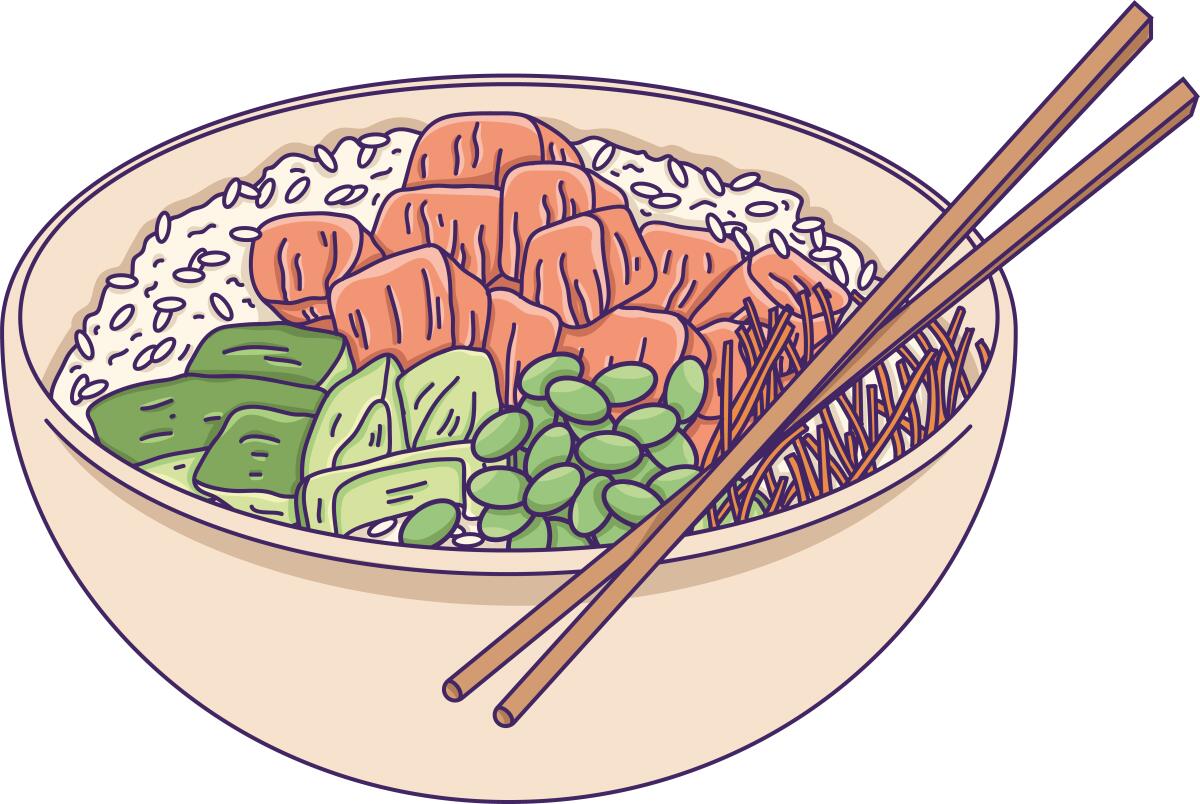
The number of Hawaiian restaurants nearly quadrupled between 2011 and 2016, according to this Eater examination of Foursquare restaurant data. That might have something to do with the proliferation of poke, the delicious raw fish salad from Hawaii.
Pro tip: When you’re in Hawaii, get your poke at the supermarket. It’s cheap, and it’s fantastic. When you’re on the mainland … maybe don’t eat poke?
Ramen
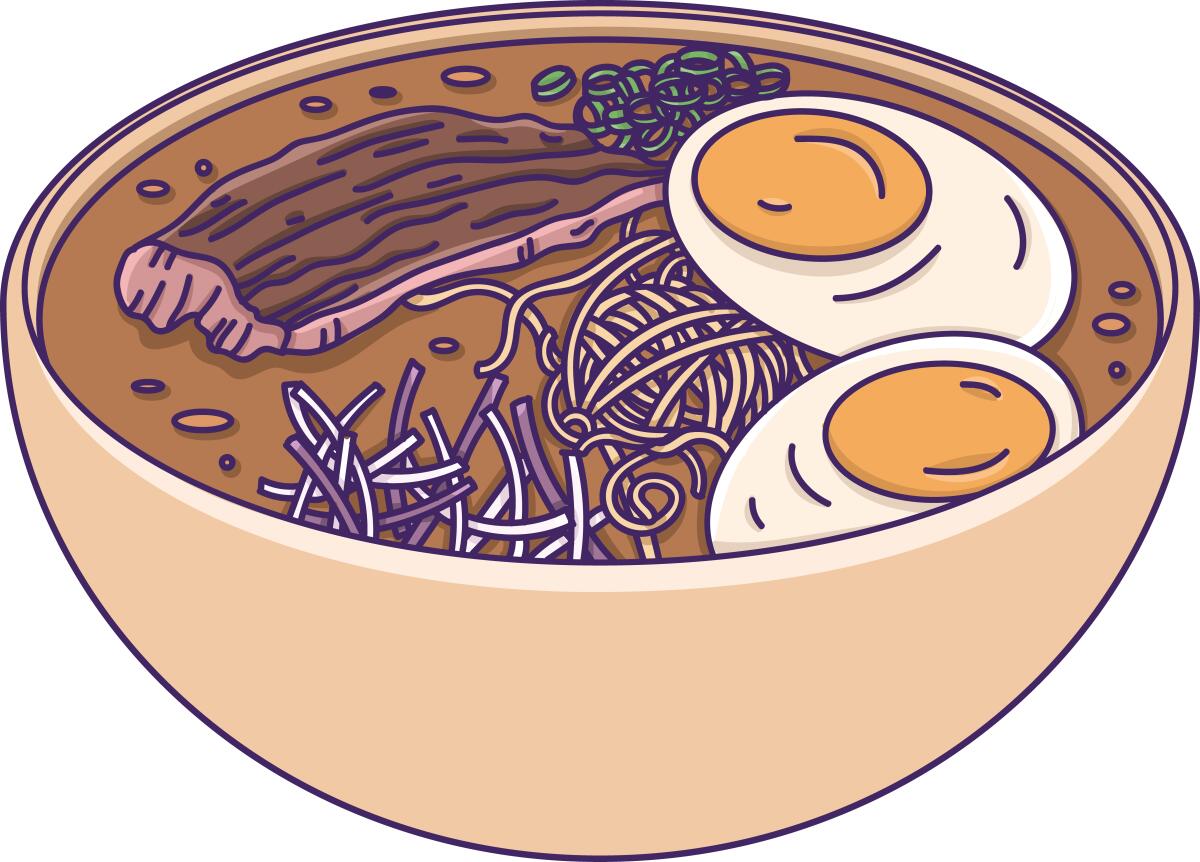
Everyone loves soupy noodles, but it’s fair to say that ramen peaked this decade and is now, thankfully, in something of a retreat. Ushered in at the beginning of the decade with the help of a dearly departed food magazine, ramen thoroughly invaded every crevasse of our collective gastrointestinal system, in all its salty, collagen-y, finger-swelling glory. While still attended to with an otaku-like ferocity by some, ramen’s descent from food to meme can possibly be traced to 2013, when Keizo Shimamoto trotted out the ramen burger at Brooklyn’s Smorgasburg food fair.
Do I still like and appreciate ramen? Yes, I do. Could I eat another bowl of tonkotsu ramen anytime soon? No, no I couldn’t.
One man’s opinion on the best (and worst) instant ramens.
Smashburger
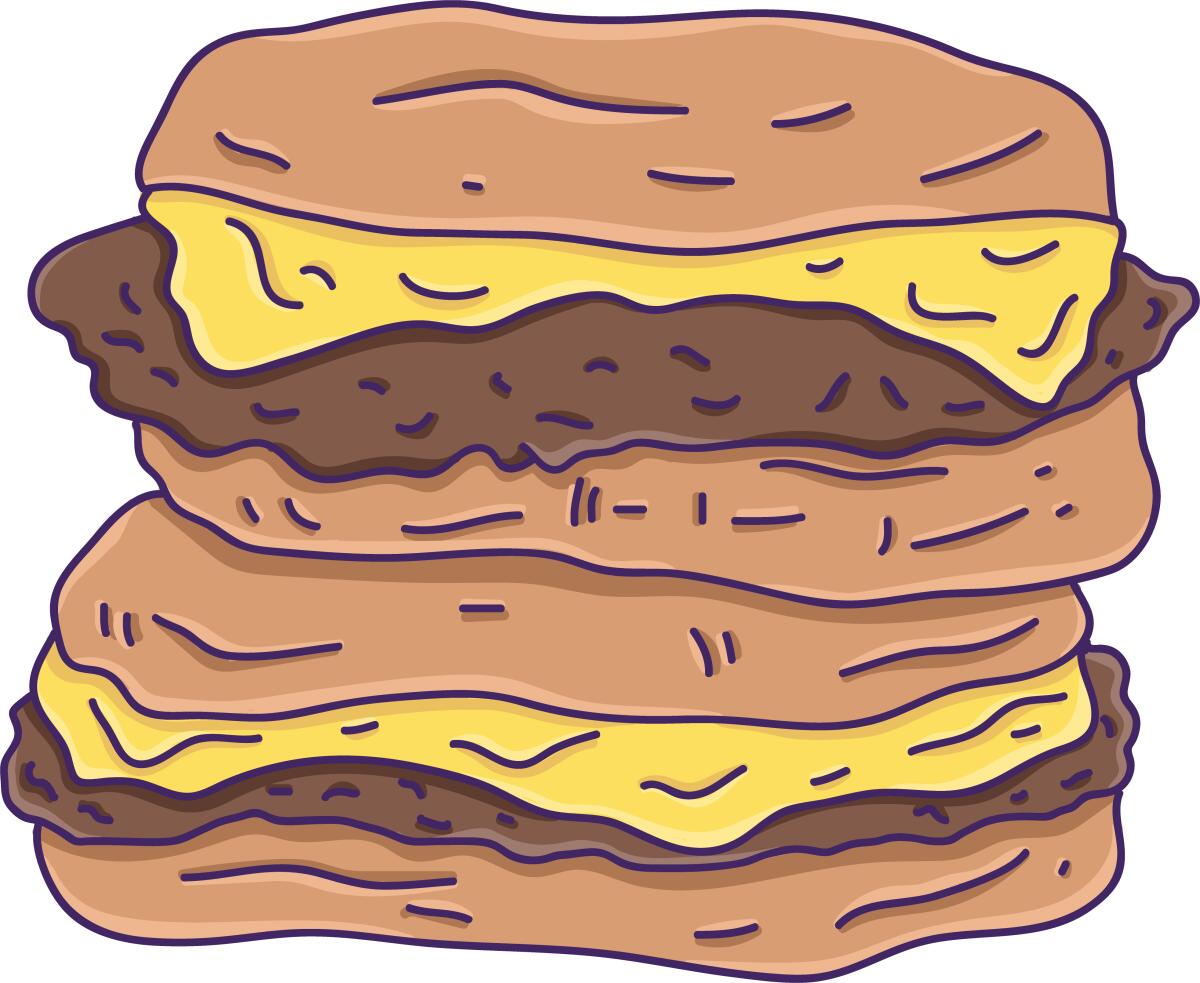
The smashed burger trend began somewhere in Indiana and has since fully infected Los Angeles, in the form of Burgers Never Say Die, Love Hour, Goldburger and many others that pop up, whack-a-mole-style, seemingly every other day. It’s not hard to see why — flattened, browned meat, charred to a razor-thin lattice and scraped off the grill onto a buttery bun, tastes really good.
The normcore obsession with what’s essentially a souped-up McDonald’s cheeseburger is an equal and opposite reaction to the gourmet burger trend, which began in earnest in the early 2000s with Daniel Boulud at DB Bistro Moderne and Sang Yoon at Father’s Office. Fads come and go, but it’s clear that cheeseburgers, like seersucker or bell-bottoms, will never truly go out of style.
More to Read
Eat your way across L.A.
Get our weekly Tasting Notes newsletter for reviews, news and more.
You may occasionally receive promotional content from the Los Angeles Times.



